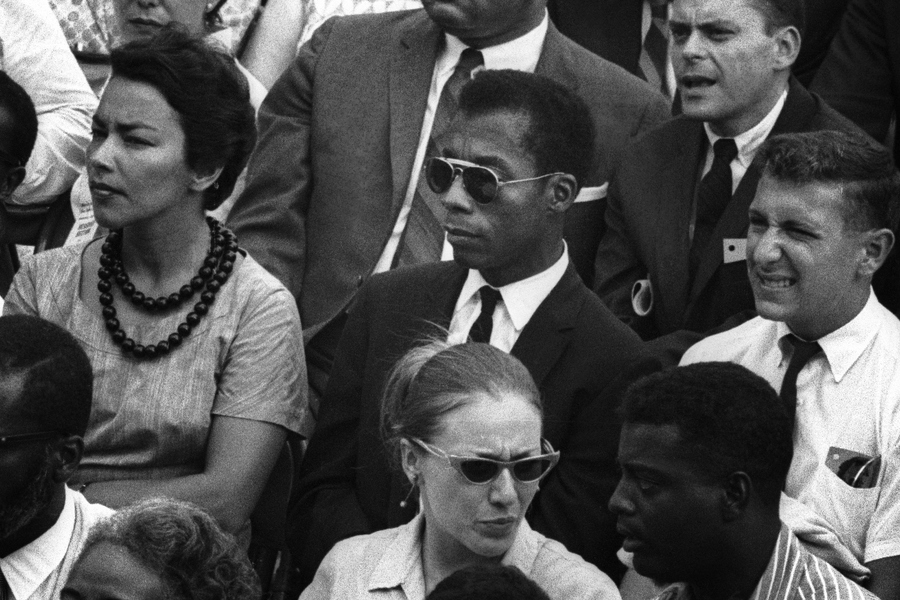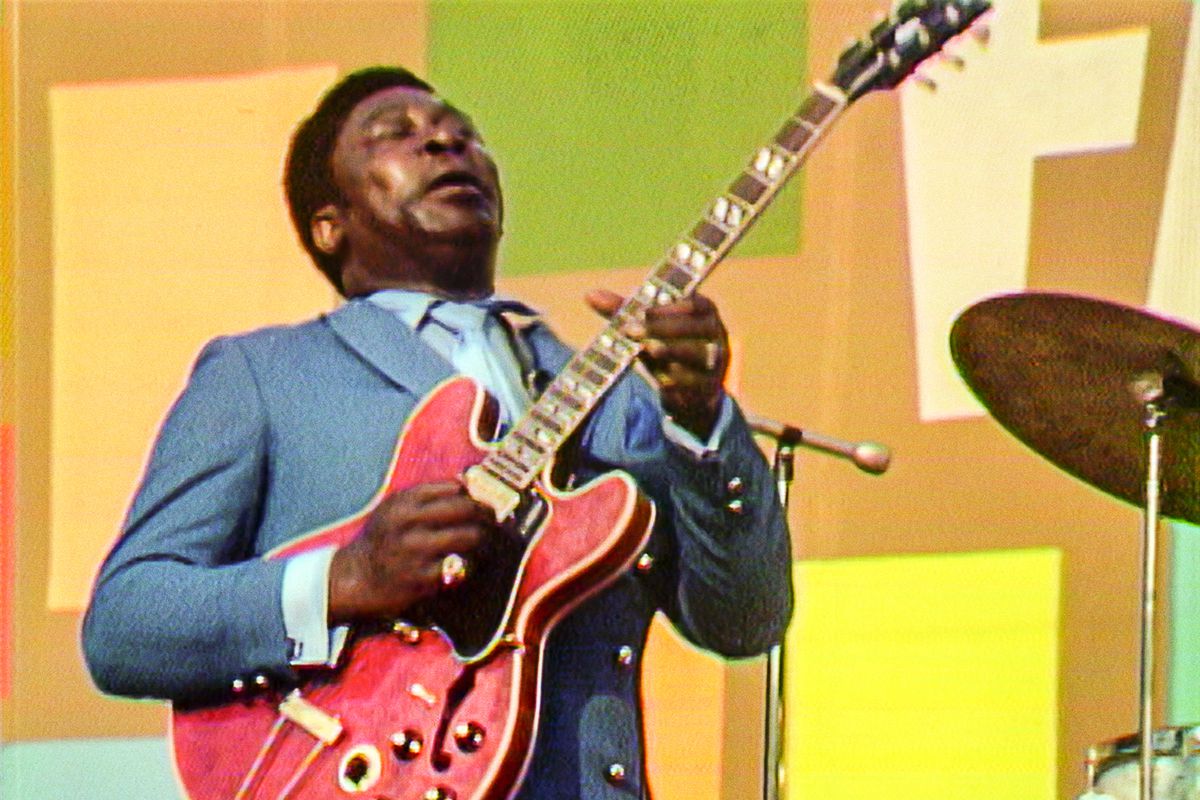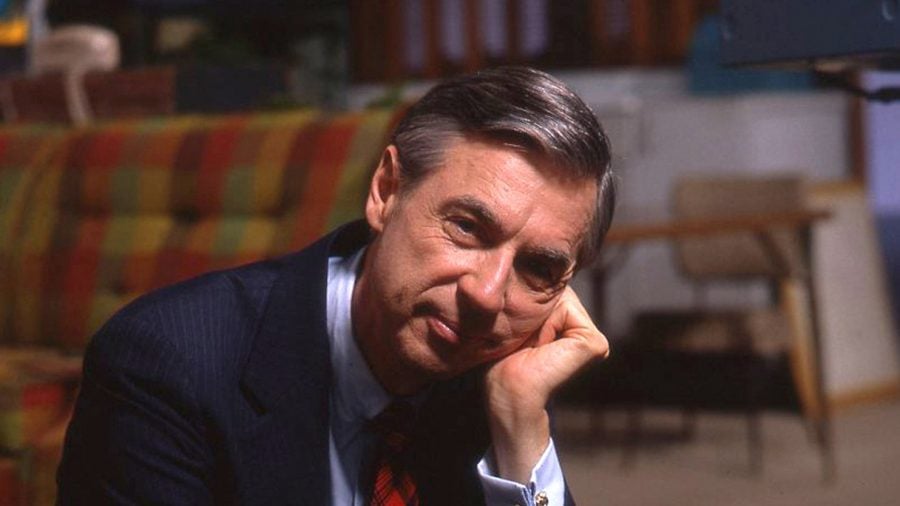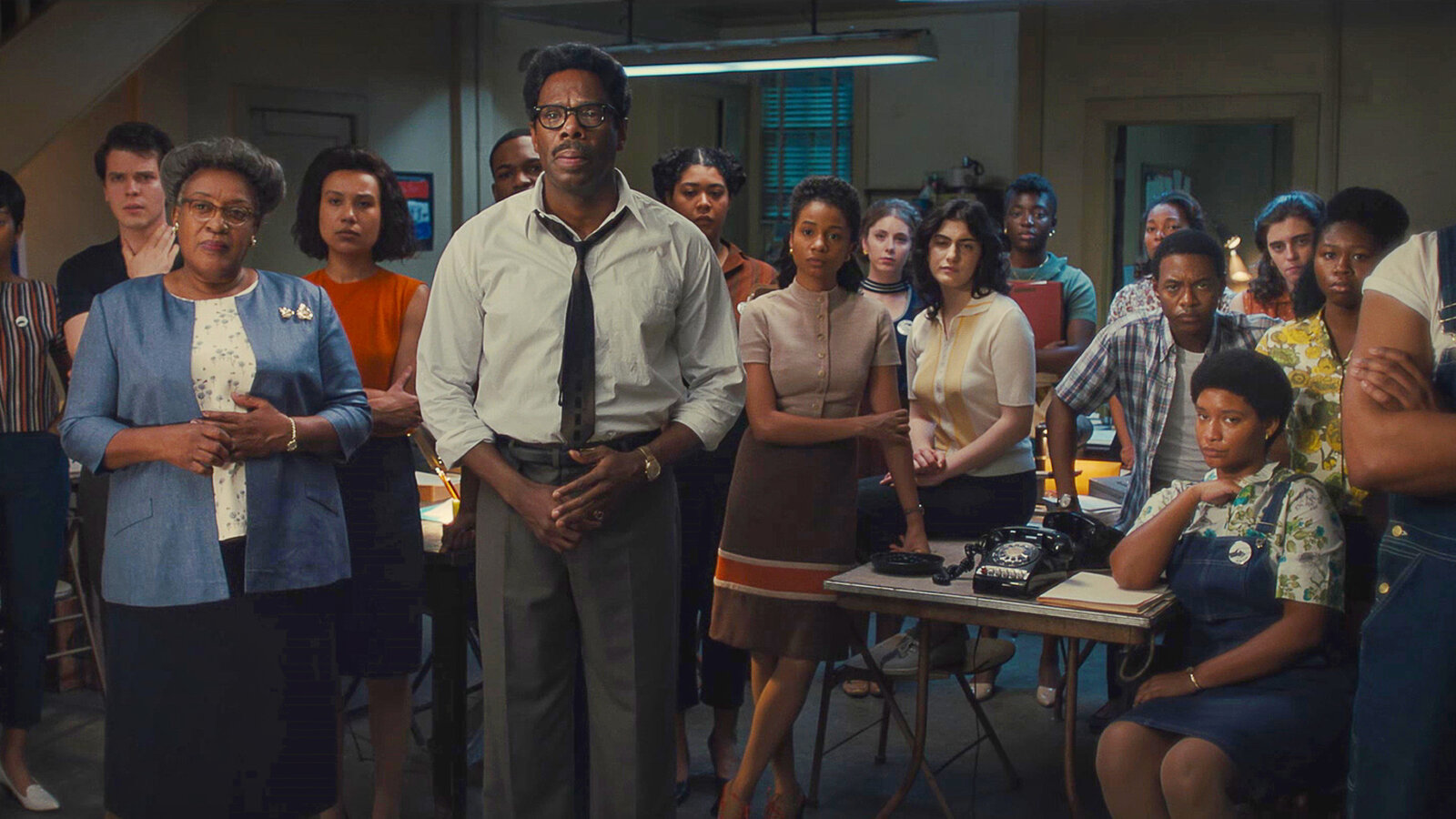If you grew up watching Mister Rogers’ Neighborhood, you may find yourself now humming along: It’s a beautiful day in this neighborhood, a beautiful day for a neighbor, would you be mine? Could you be mine?
If you did not grow up watching this iconic children’s television program, you may still be familiar with its host, the late Fred Rogers. Rogers was an advocate for empathy and extending kindness toward people of all races, religions, and ages. He never talked down to the neighbors who paid him visits on the show, which aired from 1968 to 2001, even while tackling heavier subjects like grief, divorce, and loneliness.
Morgan Neville’s Won’t You Be My Neighbor best captures Rogers’ ability to build communities and make you, the viewer, feel less alone. Through interviews and archival footage, a clear portrait emerges of Rogers’ legacy and singular force of goodwill. Both the documentary and Fred Rogers’ spirit serve as reminders that each of us are worthy of love, exactly as we are.
Genre: Documentary, Drama
Actor: Al Gore, Ayden Soria, Betty Aberlin, Bill Clinton, Bill Isler, Brian Kilmeade, Christa McAuliffe, David Bianculli, David Letterman, David Newell, Eddie Murphy, Eleanor Way, François Clemmons, Fred Rogers, George Wirth, Hedda Sharapan, Hillary Clinton, Jim Rogers, Joanne Rogers, Joe Negri, Johnny Carson, Josie Carey, Junlei Li, Koko, Lorin Hollander, Lynden Liu, Lyndon B. Johnson, Major Hawbaker Manask, Margaret Whitmer, Max King, McColm Cephas Jr., McColm Kona Cephas Jr., Nick Tallo, Robert F. Kennedy, Susan Stamberg, Tom Junod, Tom Snyder, Yo-Yo Ma
Director: Morgan Neville





